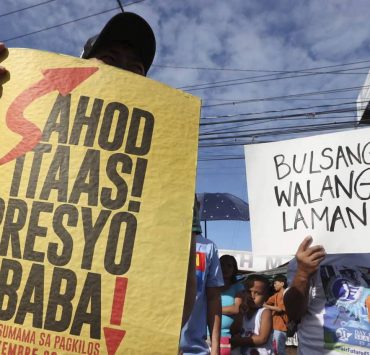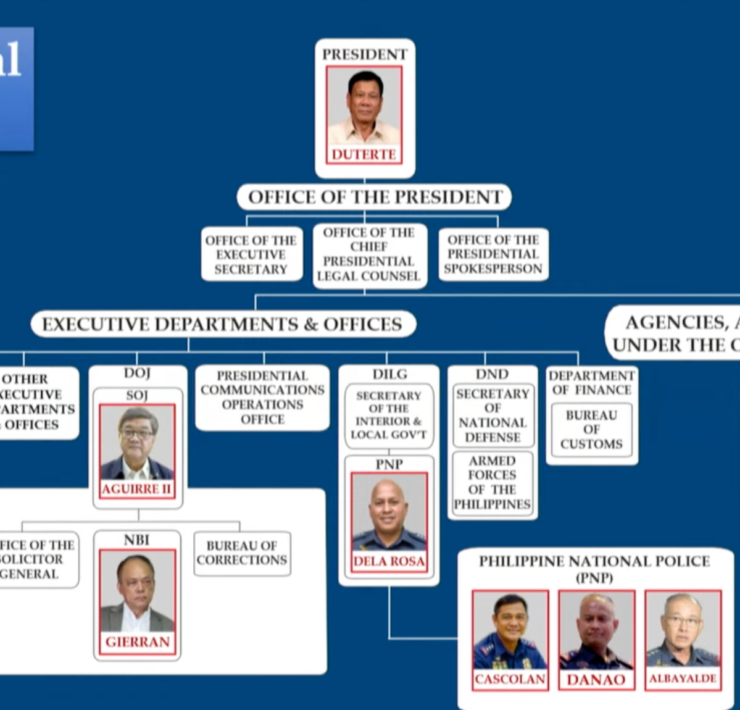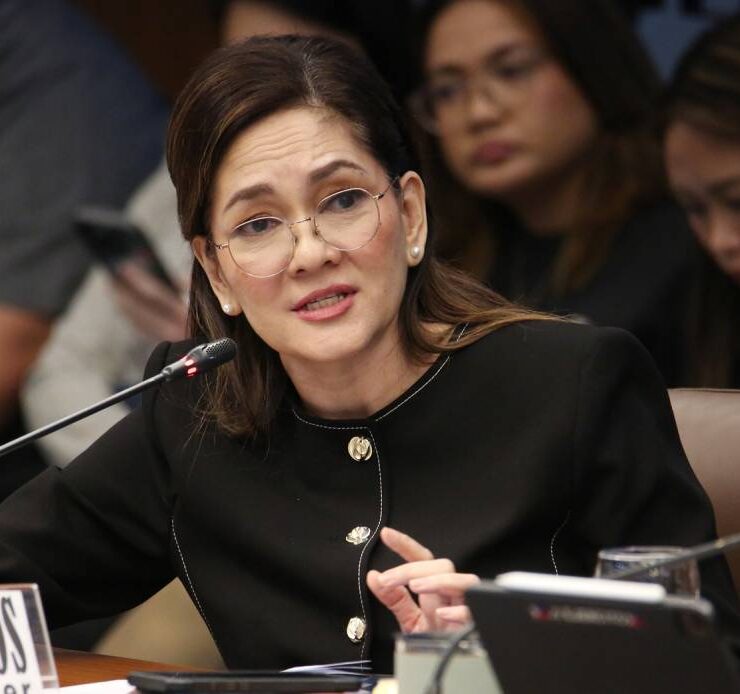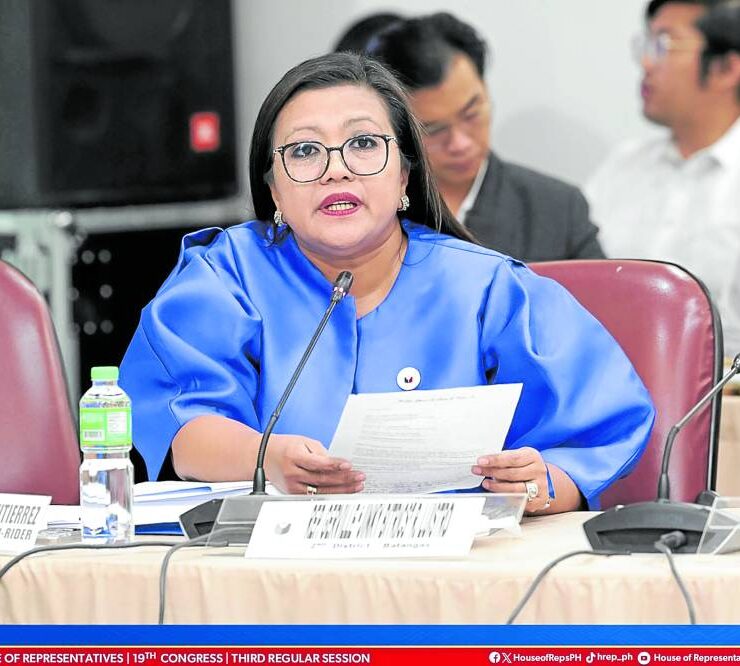Seniors’ incentives, PH brand laws signed; seafarers’ act under review
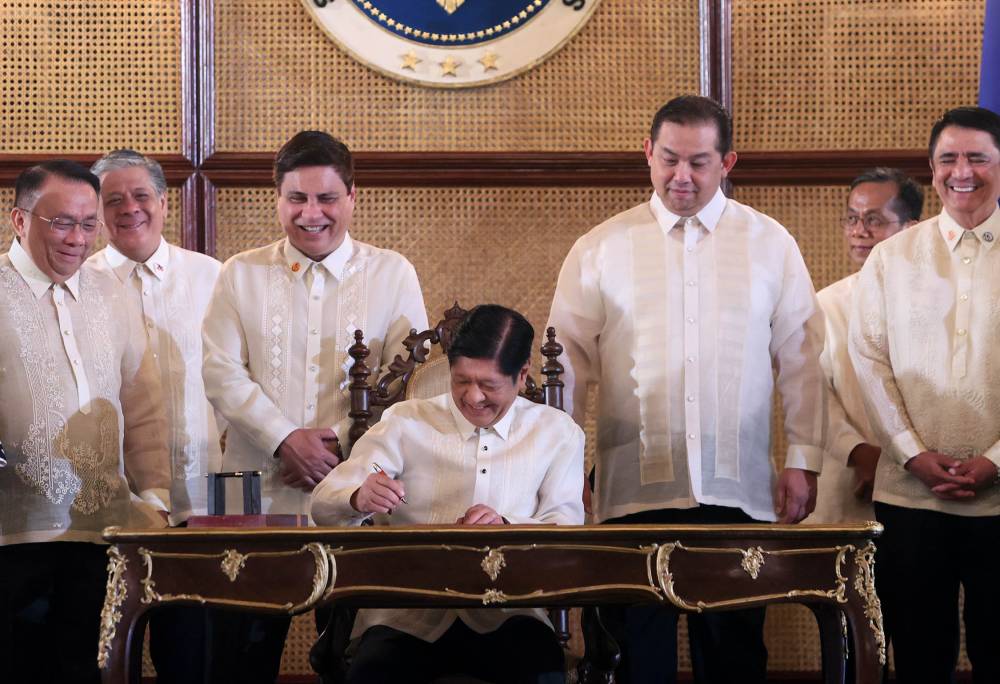
About 194,000 elderly Filipinos, more than half of them turning 80 years old this year, are expected to benefit from a law granting P10,000 in cash to beneficiaries turning 80, 85, 90 and 95, according to its principal author.
Sen. Ramon Revilla Jr. also urged seniors 80 and above to register with their local social welfare office so they could avail themselves of the cash assistance provided by the Expanded Centenarians Act (Republic Act No. 11982), one of two key measures that President Marcos signed into law during ceremonies at Malacañang on Monday attended by leaders of Congress.
Retained in that law which expands the Centenarians Act of 2016 (RA 10868) is the cash assistance of P100,000 to seniors who reach the age of 100.
“This is a small bonus for the sacrifices of those who took care of us… This is [still] really good news for them,” Revilla said in a briefing on Monday.
Not in the budget
“I want to thank our beloved President and my colleagues for the passage of this law. I’m really happy because this is my campaign promise to our grandparents,” he added.

Revilla noted, however, that the cash assistance provided by RA 11982 would not be available until next year since it was not part of the current national budget.
“That’s why it’s important for [seniors] to register now,” he said, even as he acknowledged that the money is still not enough to meet their needs.
The President himself noted that the elderly “deserve more than cash in an envelope” and should also be given “support infrastructure.”
Ako Bicol party list Rep. Elizaldy Co, however, believes the cash assistance can “be funded by the Department of Budget and Management (DBM) this year at the earliest.”
“I request DBM Secretary Amenah Pangandaman to find ways to have the new law funded this year so it can be rolled out in the coming weeks,” said Co, head of the House appropriations panel, although he, too, pointed out that the financial aid under the new law was not in this year’s budget.
“Savings can be tapped but with proper authorization from DBM. Unprogrammed funds can also be a funding source, provided the rules on these funds are followed, so that DBM can properly authorize access to the unprogrammed funds,” Co said.
Senior Citizens party list Rep. Rodolfo Ordanes Jr. agrees that the “use of the unprogrammed funds or savings can be justified because the law is new, and the amount needed would not be huge because the numbers of seniors turning 80, 85, 90 and 95 this year would not be too many to be unaffordable.”
Top-quality products
Mr. Marcos also signed into law the Tatak Pinoy Act (RA 11981), aimed at encouraging the production of top-quality Philippine-made products to boost the country’s global industry ranking.
“Tatak Pinoy is more than a branding exercise. It is about incubating and incentivizing great products that deserve to carry the ‘Made in the Philippines’ trademark,” he said.
Sen. Juan Edgardo Angara, the author of the measure, said the new law was in line with the President’s economic program for the country, the Philippine Development Plan.
It will further help foster “innovation and technology transfer to allow businesses to come up with more sophisticated and higher value goods and services,” the senator said.
Trade Secretary Alfredo Pascual said the Tatak Pinoy Act would help “enhance the competitiveness of our local industries, ensuring that the world gets to experience what the Philippines has to offer.”
Magna Carta of seafarers
One priority legislation that the President has not signed into law is the proposed Magna Carta of Filipino Seafarers, aimed at granting them further protection and benefits.
Communications Secretary Cheloy Velicaria-Garafil said the measure was “still under review,” although the Presidential Legislative Liaison Office said earlier that the enrolled or final bill was already on the President’s desk.
But the House of Representatives adopted on Monday’s plenary session House Concurrent Resolution No. 23, which moved to recall the enrolled measure.
Cagayan de Oro Rep. Rufus Rodriguez said, “This particular enrolled bill, contrary to our bill in the House, would transfer jurisdiction of disputes on seafarers from the Department of Labor and Employment to the International Labor Organization (ILO), a diminution of our sovereignty and a diminution of our rights to be able to decide on cases.”
“We don’t want to surrender our sovereignty to the ILO on matters pertaining to Filipino seafarers,” he added.
House Deputy Majority Leader Janette Garin said the recall was intended for a review on the bicameral conference report.
“Apparently the joint committee report in relation to the Magna Carta [of] Filipino seafarers has a [flaw] pertaining to problems of jurisdiction, hence, the need to bring this back to [the House] and the Senate for them to again reconvene in order to perfect this little imperfection,” she said.
The House designated as members of the bicameral conference committee, deliberating on House Bill No. 7325 and Senate Bill No. 2221, overseas workers affairs panel chair and Kabayan party list Rep. Ron Salo; Marino party list Rep. Sandro Gonzalez; Pangasinan Rep. Marlyn Primicias-Agabas; Zamboanga City Rep. Khymer Adan Olaso; and OFW party list Rep. Marissa Magsino. —WITH REPORTS FROM ALDEN M. MONZON AND JEANNETTE I. ANDRADE















